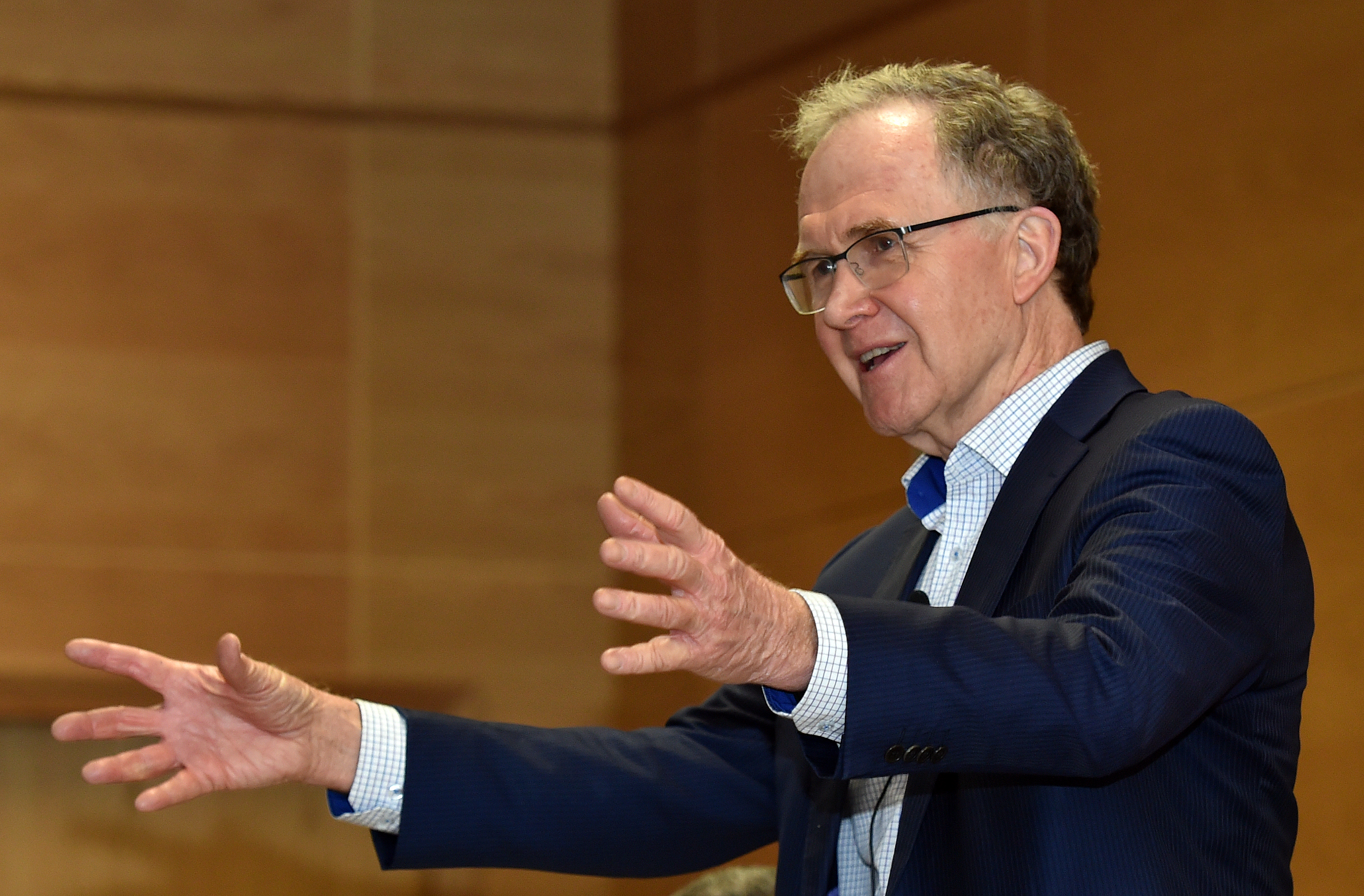
That final report, due to be delivered on October 31, will be a lengthy document if it is to encompass the wide range of experiences and viewpoints expressed at the Hutton Theatre.
Of about 200 people who attended, 25 spoke directly at the meeting and many more spoke one on one to panel members afterwards.
Speakers ranged from the wife expressing frustration that little help was available to relatives of people with mental illness, to the woman who ''lost my 30s'' to mental illness.
One of her diagnoses was overdependence on the health system, often with the outcome that when she asked for help she was deliberately refused it.
Two young women - students and mental health peer supports - spoke of the hundreds of young people at the University of Otago with mental health and addiction issues, and a seven-month wait to see the sole professional available to help.
One speaker spoke of a 10-year-old who had attempted suicide; another broke hearts by talking about a suicidal 7-year-old.
Mental health professionals were often criticised for not being able to help.
They responded, talking about ''compassion fatigue'' brought on by an overworked and under-resourced system.
Where therapy was required, people often only received assessments, one said.
There was some laughter, such as to the pleas for tobacco products to be cheaper and for CCTV cameras to be turned off.
But there were also tears: compassion for the solo mother of two left in a hospital waiting room for two days waiting for help, and for the Central Otago woman whose relative had been transferred to two different hospitals but his medical records were lost somewhere in transit.
Speakers recounted their frustrations with the system, of trying to find a person to talk to rather than an email address, trying to find funding for a Pacific Island counselling service, trying to ensure mental health was given prominence in the school curriculum, trying to see spirituality given a place in the mental health system, or trying to get on a drug which would help ease their condition.
Now, Prof Paterson and his fellow panellists have a report to write which those speakers hope will hold a mirror up to their stories and shine a light on New Zealand's mental health and addiction issues.
• The Otago Daily Times was not banned from the meeting, as stated by one speaker last night. The newspaper was, however, asked to avoid publishing identifying personal information.
Need help?
Need to talk?: 1737, free 24/7 phone and text number
Healthline: 0800 611-116
Lifeline Aotearoa: 0800 543-354
Suicide Crisis Helpline: 0508 828-865 (0508 TAUTOKO)
Samaritans: 0800 726-666
Alcohol Drug Helpline: 0800 787-797
General mental health inquiries: 0800 443-366
The Depression Helpline: 0800 111-757
Youthline: 0800 376-633, txt 234 or talk@youthline.co.nz
What’s Up (for 5-18 year olds; 1pm to 11pm): 0800 942-8787
Kidsline (aimed at up to age 14; 4pm to 6pm weekdays): 0800 54-37-54 (0800 kidsline)













